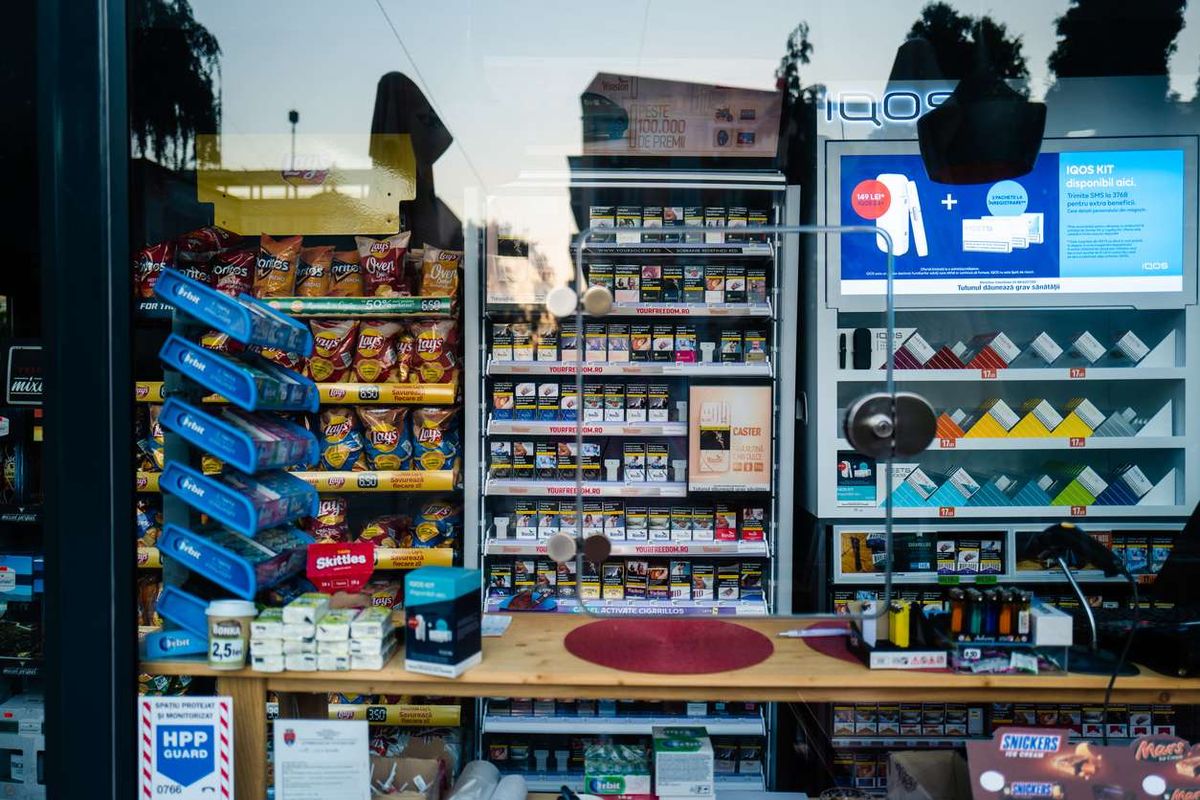The Tobacco and Vapes Bill returned to Parliament on Monday 27 October, entering the committee stage in the House of Lords, as debate continues over how to balance youth protection with business sustainability and harm reduction.
Retailers and industry leaders have expressed mixed reactions to the proposed measures, which follow closely on the heels of the disposable vape ban and aim to further restrict packaging, flavours, and product visibility.
Kay Patel, who runs the Best-One Global Food & Wine store in Wanstead, said the Bill adds “new layers of complexity” for small businesses already grappling with the disposable ban.
“While we fully support efforts to reduce youth vaping, these regulations risk placing even greater strain on responsible retailers, who already invest heavily in compliance, staff training, and technology,” he said. “Illicit sellers continue to flood the market, undermining both our businesses and the government’s public health objectives.”
Patel warned that legitimate retailers are being unfairly penalised while doing their part to enforce age restrictions.
“Retailers are increasingly expected to act as frontline enforcers, often facing abuse and anti-social behaviour in the process, yet we receive minimal practical support or protection from authorities,” he added. “For the Tobacco and Vapes Bill to succeed, it must go beyond point-of-sale enforcement and put responsibility back on manufacturers.”
John Patterson, president of IKE Tech, argued that the government’s approach does not go far enough to achieve its stated goal of a vape-free youth generation.
“Steps like standardising packaging, limiting flavours, and hiding products behind counters primarily focus on upstream supply-side regulation and demand-reduction rather than direct intervention to prevent access once the products get into underage hands,” he said. “Traditional age verification remains too easy to bypass, with 61 per cent of Britons admitting that current checks are ineffective.”
Patterson warned that overly restrictive measures could push consumers toward the illicit market. “Smart and gamified vapes are on the rise, making these products even more appealing to young people and further undermining government efforts to reduce youth uptake. Focusing on traditional age checks at the point of sale alone simply won’t keep up with evolving challenges in the sector,” he said.
He called for moving beyond “surface-level fixes” and shift the focus to preventing access at the point of use – alongside the point-of-sale – using robust, technology-driven age verification.
From a public health perspective, Sairah Salim-Sartoni, a leading health psychologist and cessation advisor, cautioned against losing sight of vaping’s harm reduction benefits for adult smokers.
“While overly restricting flavours and ads may reduce appeal and visibility, it won’t stop teenagers from using devices that they can still easily obtain. On top of that, these measures risk undermining one of the UK’s most effective harm reduction strategies. Vaping has helped countless adults quit combustible tobacco, and new restrictions could discourage smokers from switching, ultimately harming quit rates and public health,” she said.
“We need stronger laws that prevent access even if a child manages to get hold of a vape. Technology can play a role in enabling this i.e. if the user is under 18 and cannot be age-verified as an adult, the vape should simply not unlock. Without such measures, we risk ever increasing levels of youth vaping and nicotine addiction.”
Meanwhile, a Forest survey found that public opinion is split on the government’s proposed generational tobacco ban – with 58 per cent of adults favouring alternative approaches over a total ban.


